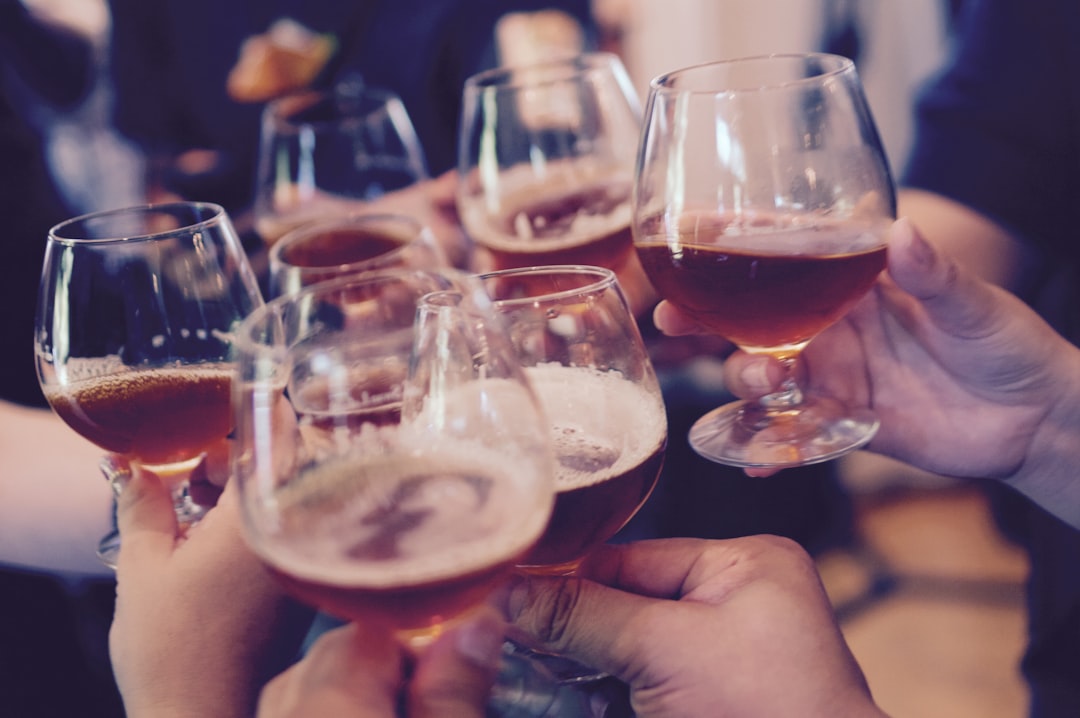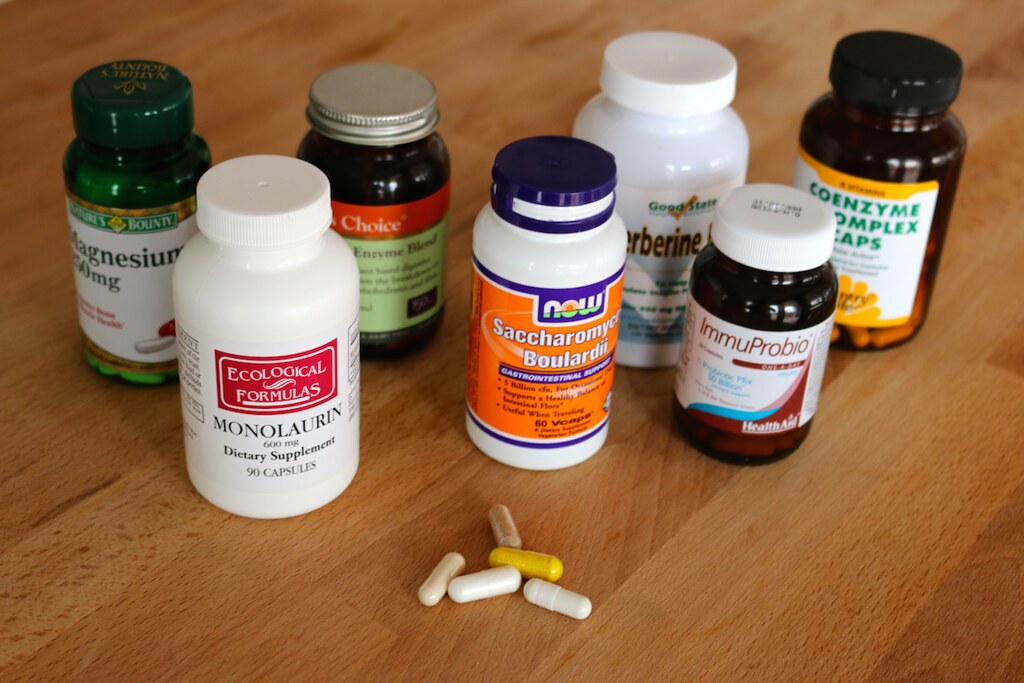Have you ever gorged during meals, only to feel bloated, sleepy and full of regret right after? #Same. I can't tell you how many times I've felt this exact way, and tell myself, "This is the last time I want to feel this way." If you're trying to combat this somewhat "embarrassing" feeling, read on to find out how to beat the bloat, and what foods to avoid.
Common Causes of Bloating
1. Overeating
Know your limits. It may seem like a waste to leave food on the table but listen to your body when it tells you that enough is enough.
2. Eating Rich and Fatty Foods
Fats take a longer time to digest compared to proteins or carbohydrates, and keeps the stomach feeling full for longer periods of time. To avoid this, limit the amount of fat consumed in meals.
3. Eating Too Quickly
I totally understand how difficult it is to pace yourself when there's a delicious meal right under your nose. We often overlook this, but shovelling in your food too quickly actually causes a buildup of gas in your abdomen. If the gastrointestinal tract does not move it through efficiently, it can build up in your intestines, causing bloating and discomfort.
Know the Common Food Triggers

brookecagle on unsplash
Carbohydrates are some of the most well-known bloat-inducing foods. The most infamous bloat triggers include apples, beans, cruciferous vegetables (broccoli, cauliflower, cabbage), dairy products, lettuce, onions, peaches and pears.
Check this article out for an extensive list of foods that make you feel bloated, and why.
How to Feel Less Full After a Meal
Eat Asparagus

3liz4 on Flickr
Being rich in potassium, asparagus can help to regulate fluids in your body and keep your bloat at bay. What's more, according to Dr. Marilyn Glenville, leading nutritionist in women's health, asparagus also contains asparagine, an amino acid that acts as a diuretic and flushes excess liquid out of your system.
Pace Yourself

yutacar on unsplash
Eat slowly, chew carefully, and enjoy. It's about the experience, and you should never rush to gorge on your food. This can help to stimulate the necessary digestive juices to be broken down which ultimately aids digestion.
Drink in Moderation

flenjoore on unsplash
Drinking too much water in between meals can mix with stomach acid in your body, leading to poorly digested foods which leads to bloating in your abdomen. To avoid this, try drinking herbal teas such as peppermint or fennel root.
Avoid Fizzy Drinks

whitfieldjordan on unsplash
Carbonated drinks can cause gas to get trapped in your stomach. When you burp, this action helps to expel the carbon dioxide contained in carbonated drinks. However, the remaining gas often remains in your stomach and causes bloating. Drinking infused water can be a great alternative to carbonated drinks.
Probiotics

Ryan Snyder on Flickr
As someone who definitely feels the bloat, probiotics have saved my life, TBH. They help to correct gut flora imbalances, and can reduce bloating. In fact, eating prebiotic foods can help to feed good bacteria in your gut. Examples include Jerusalem artichoke, chicory root, garlic, leek, onions, sauerkraut, asparagus, banana, oats, apples and barley.
So rather than curling up in a ball after a full meal, try some of these tips the next time you feel horribly bloated.




